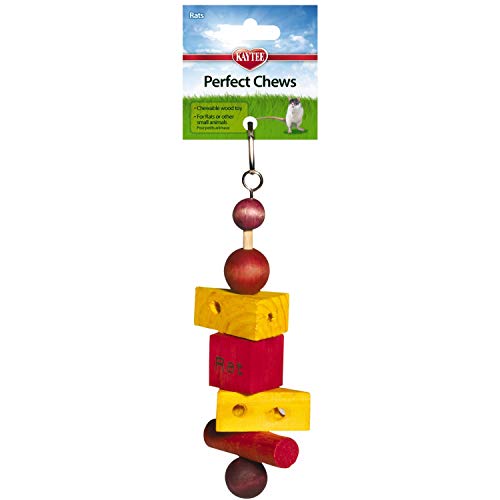Simplicity
Well-Known Member
I posted in the introduction thread how I ended up with these 2 babies but just for a little back story, I'll try to keep it short and sweet: I walked into a reptile store with some family to check out some frogs and lizards, seen where the guy at the counter had them and ended up coming home with two fuzzies.
Judging from time line pictures, I'd guess when I got them they were 9 maybe 10 days old. I just go with 9 days because the fur was still very very thin. Today would make them 12 days old, their fur is growing in more (they're white instead of pink where the markings are lol). Eyes are starting to have a dark line and I'm thinking they'll open in the next day or two.
I weighed them when I brought them home (22g and 20g) and I've been feeding soy infant formula (similac soy) every 4 hours and roughly 1ml-1.25ml per baby (because a link I read said to multiply a baby's weight in grams by 5% to get the ml needed per feeding).
They're very energetic about feeding (my hand goes in and it's like a feeding frenzy, they know they're about to get food). They potty normal now, it's more consistent in the last 2 days then when I first started feeding them the formula and I just chalked that up to the change of food.
I'm concerned because they aren't really gaining anything. Their hair grows, they have milk bands when I feed (that I can see, fur is coming in more though), they're kept warm. I checked online and one website says feed every 4-5 hours, another says 3-4 hours, and a different one says every 2 hours? I just want to make sure I do not overfeed/underfeed. One of the babies, when I stimulated him to go potty had very faint yellow urine and I'm not sure of that's good or bad? I often do the dehydration check on the napes of their necks and it goes back very normal.
I'm really just concerned about the lack of weight gain. Occasionally they fluctuate a gram down but otherwise, nothing. They still weigh the same amount as when I got them.
Just wanted some advice and to double check everything Ive read and make sure I'm doing this okay. They seem healthy, growing, getting furry, but I just seen different time frames and worried myself.
Sorry this turned out so long, wasn't sure exactly what info to give so I tried to just put it all out there. I keep a notebook on every feeding and how they progress too so I can always look it up in there. Thanks for reading and any advice you have
Judging from time line pictures, I'd guess when I got them they were 9 maybe 10 days old. I just go with 9 days because the fur was still very very thin. Today would make them 12 days old, their fur is growing in more (they're white instead of pink where the markings are lol). Eyes are starting to have a dark line and I'm thinking they'll open in the next day or two.
I weighed them when I brought them home (22g and 20g) and I've been feeding soy infant formula (similac soy) every 4 hours and roughly 1ml-1.25ml per baby (because a link I read said to multiply a baby's weight in grams by 5% to get the ml needed per feeding).
They're very energetic about feeding (my hand goes in and it's like a feeding frenzy, they know they're about to get food). They potty normal now, it's more consistent in the last 2 days then when I first started feeding them the formula and I just chalked that up to the change of food.
I'm concerned because they aren't really gaining anything. Their hair grows, they have milk bands when I feed (that I can see, fur is coming in more though), they're kept warm. I checked online and one website says feed every 4-5 hours, another says 3-4 hours, and a different one says every 2 hours? I just want to make sure I do not overfeed/underfeed. One of the babies, when I stimulated him to go potty had very faint yellow urine and I'm not sure of that's good or bad? I often do the dehydration check on the napes of their necks and it goes back very normal.
I'm really just concerned about the lack of weight gain. Occasionally they fluctuate a gram down but otherwise, nothing. They still weigh the same amount as when I got them.
Just wanted some advice and to double check everything Ive read and make sure I'm doing this okay. They seem healthy, growing, getting furry, but I just seen different time frames and worried myself.
Sorry this turned out so long, wasn't sure exactly what info to give so I tried to just put it all out there. I keep a notebook on every feeding and how they progress too so I can always look it up in there. Thanks for reading and any advice you have











































